Before agreeing to participate in your study, your participants should receive all the information they require in order to make an informed decision. Once they wish to participate, then an informed consent form should be completed and filed appropriately.
Although the process sounds complex, there are currently a great training opportunities to help familiarise yourself with the background to, and process of informed consent in clinical research.
The Wessex Clinical Research Network are hosting the following training sessions at University Hospital Southampton and at Wessex CRN’s office –
- NIHR CRN Informed Consent training, Thursday 26th March, 08:45am – 1:00pm, CRN Wessex, Unit 7, Berrywood Business Village, Hedge End, Southampton, SO30 2UN;
- NIHR CRN Informed Consent training, Thursday 7th May, 8:30am – 12:30pm, University Hospital Southampton, Level C, West Wing, NIHR WTCRF, Southampton, SO16 6YD;
- NIHR CRN Informed Consent training, Thursday 7th May, 1:00pm – 5:00pm, University Hospital Southampton, Level C, West Wing, NIHR WTCRF, Southampton, SO16 6YD;
- NIHR CRN Informed Consent training, Friday 26th June, 08:45am – 1:00pm, CRN Wessex, Unit 7, Berrywood Business Village, Hedge End, Southampton, SO30 2UN
If you’re interested in attending, get in touch with the Wessex CRN to book your place.




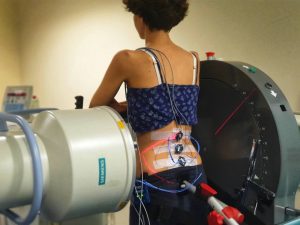 healthy adults. This is the biggest study of its kind and those who volunteer for this research study will get the chance to see their spine move in real-time.
healthy adults. This is the biggest study of its kind and those who volunteer for this research study will get the chance to see their spine move in real-time.
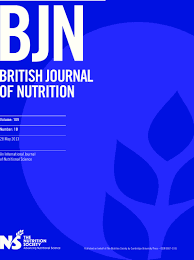
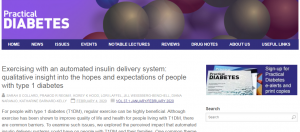
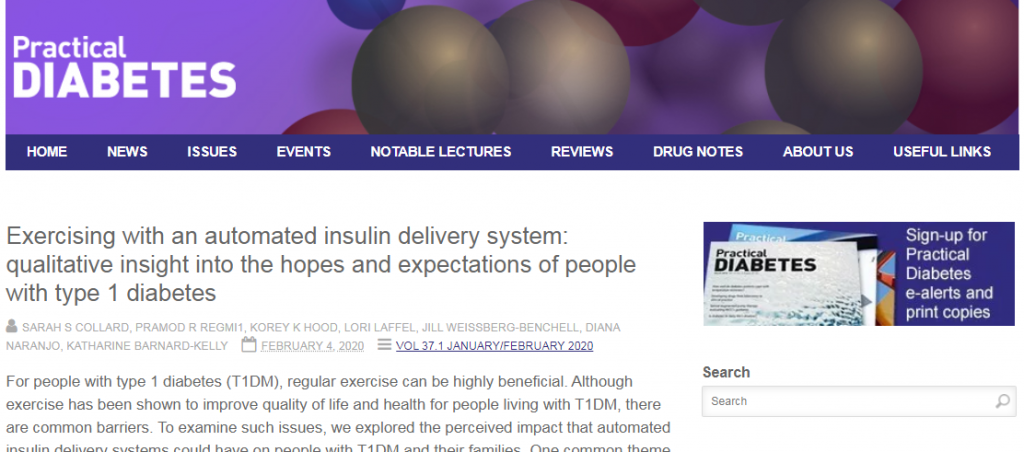
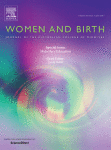

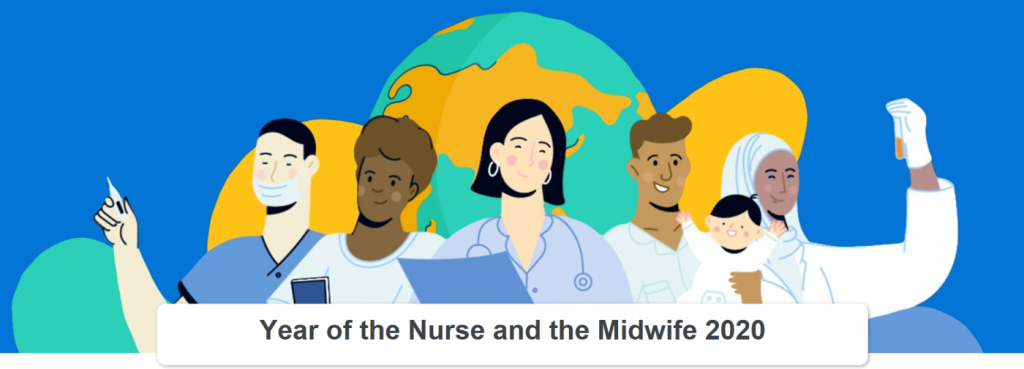

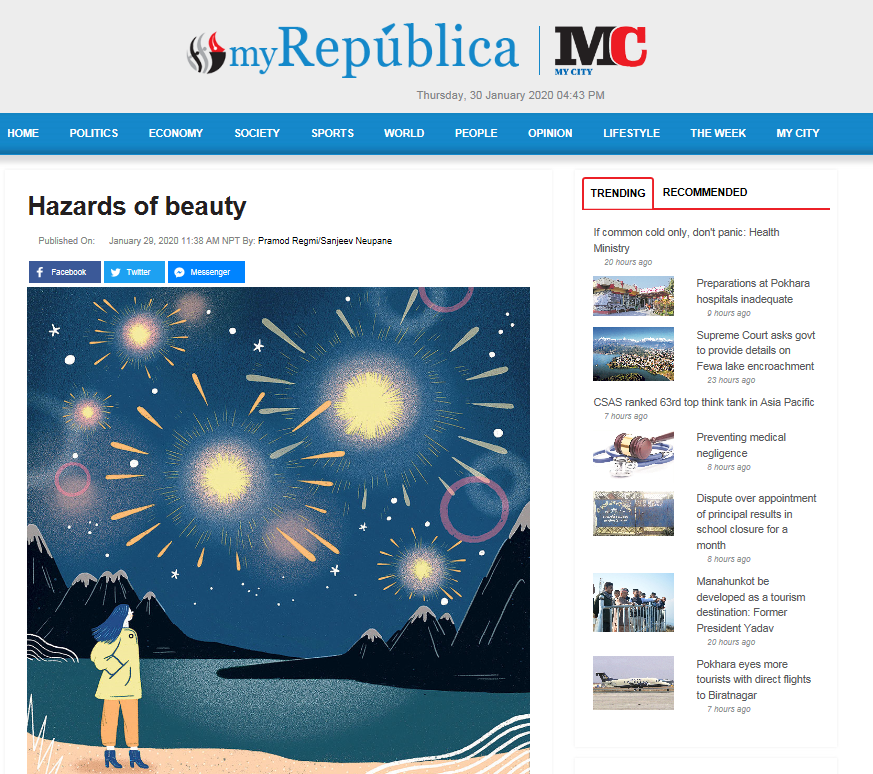












 SPROUT: From Sustainable Research to Sustainable Research Lives
SPROUT: From Sustainable Research to Sustainable Research Lives BRIAN upgrade and new look
BRIAN upgrade and new look Seeing the fruits of your labour in Bangladesh
Seeing the fruits of your labour in Bangladesh Exploring Embodied Research: Body Map Storytelling Workshop & Research Seminar
Exploring Embodied Research: Body Map Storytelling Workshop & Research Seminar Marking a Milestone: The Swash Channel Wreck Book Launch
Marking a Milestone: The Swash Channel Wreck Book Launch ECR Funding Open Call: Research Culture & Community Grant – Application Deadline Friday 12 December
ECR Funding Open Call: Research Culture & Community Grant – Application Deadline Friday 12 December MSCA Postdoctoral Fellowships 2025 Call
MSCA Postdoctoral Fellowships 2025 Call ERC Advanced Grant 2025 Webinar
ERC Advanced Grant 2025 Webinar Update on UKRO services
Update on UKRO services European research project exploring use of ‘virtual twins’ to better manage metabolic associated fatty liver disease
European research project exploring use of ‘virtual twins’ to better manage metabolic associated fatty liver disease